In a blistering statement issued this afternoon, former Chief Justice David Maraga condemned the government’s proposed KSh 1.5 trillion infrastructure fund, declaring it “yet another avenue for looting” and a threat to Kenya’s already fragile fiscal stability.
According to Maraga’s campaign secretariat, the fund, intended to finance large-scale roads and infrastructure projects under the Ruto administration, is being used as a smokescreen for large-scale financial mismanagement and enrichment of politically connected individuals.
Alleged financing and mis-direction.
Maraga pointed to a pattern of state-sponsored programmes structured to serve political insiders rather than the public good. He cited recent scandals — including the KSh 111 billion Healthcare Digitisation contract and KSh 12 billion fertiliser distribution fiasco — as evidence of the government’s betrayal of taxpayer trust.
In his statement, he stated: “The government’s credibility on fiscal management is already tainted. This Infrastructure Fund proposal could further plunge the country into debt while enriching a few politically connected individuals.”
Why this matters now.
At a time when Kenya is grappling with rising public debt, economic headwinds and demands for transparency, the unveiling of a multitrillion-shilling fund raises serious concerns.
There is mounting public and political pressure for accountability in how large infrastructure sums are channelled — particularly when previous pledges have failed to translate into visible results on the ground.
Maraga’s allegation cuts at the nerve of governance, trust and the role of state institutions in protecting public resources. The former CJ’s scathing attack is likely to provoke a swift response from the presidency and Cabinet.
Analysts expect a possible parliamentary hearing on the fund’s structure, management and oversight framework. Civil society organisations are likely to amplify calls for audits, independent reviews and public disclosure of contracts tied to the fund.
Meanwhile, the government may face pressure to release detailed project plans, timelines and beneficiary breakdowns to counter the narrative of opaque enrichment.
The tension could also have political repercussions ahead of 2027, as opposition forces capitalise on allegations of graft to erode public support for the ruling coalition.

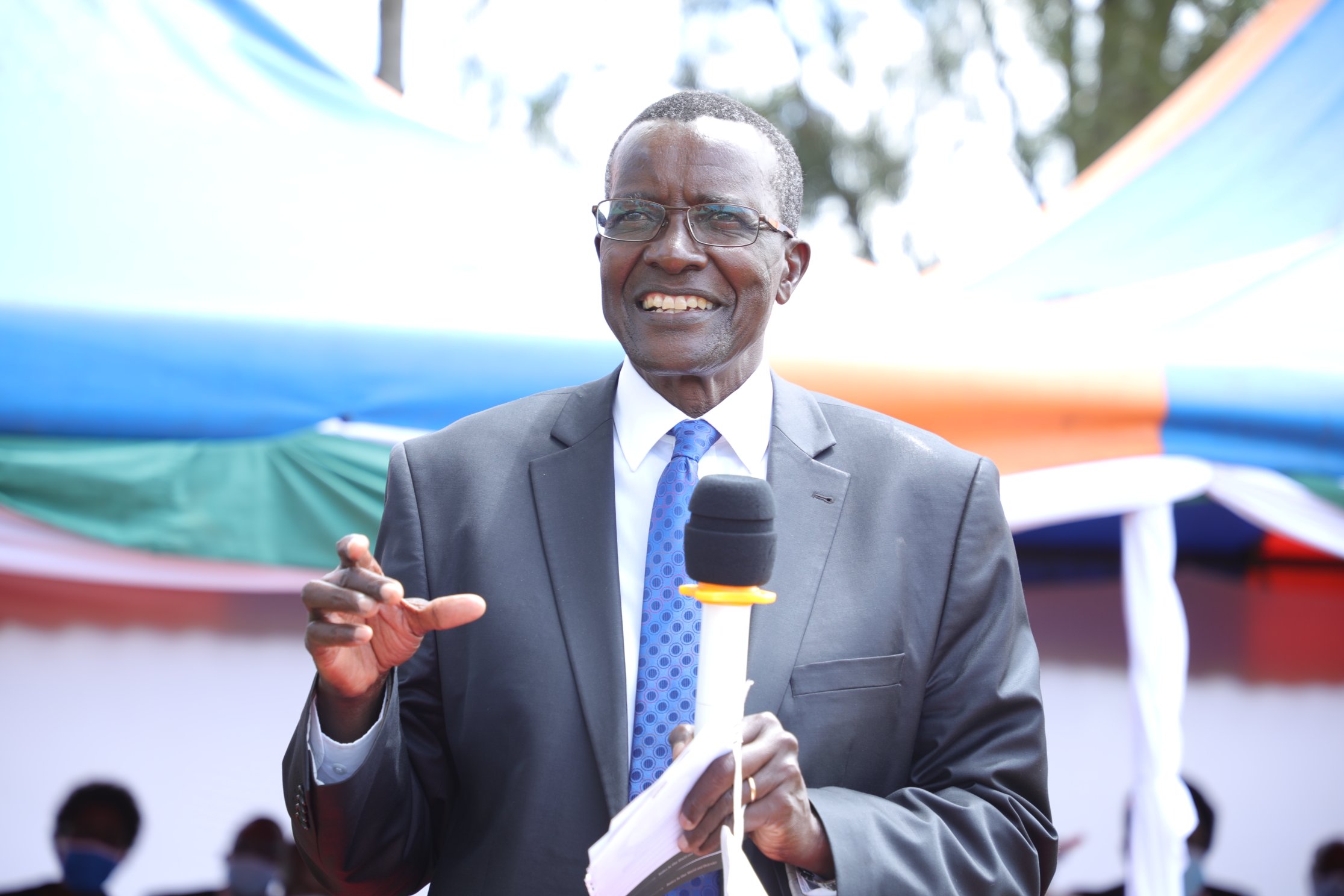



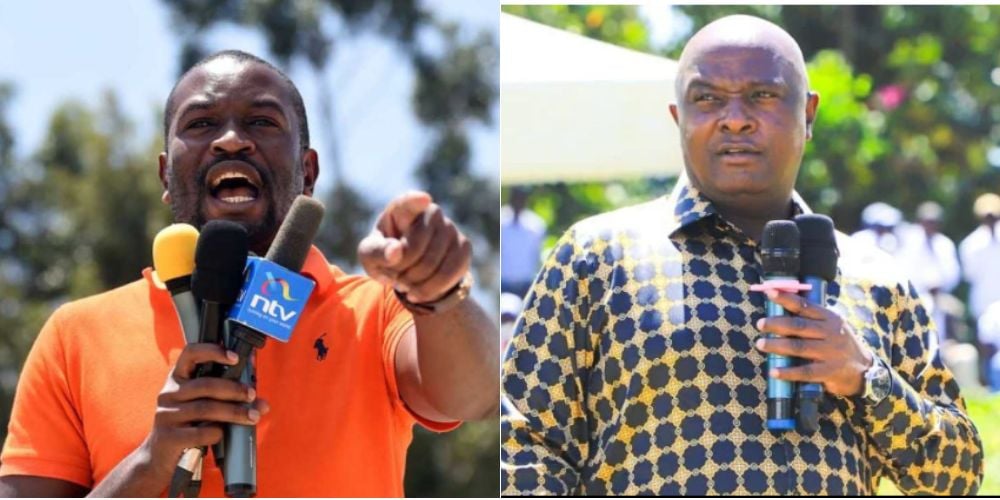

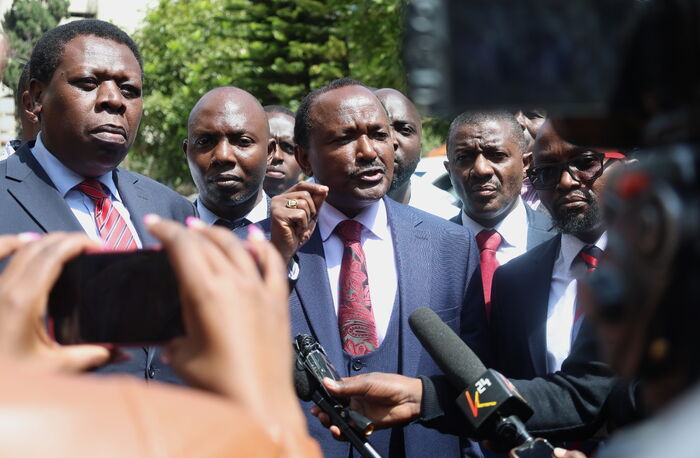
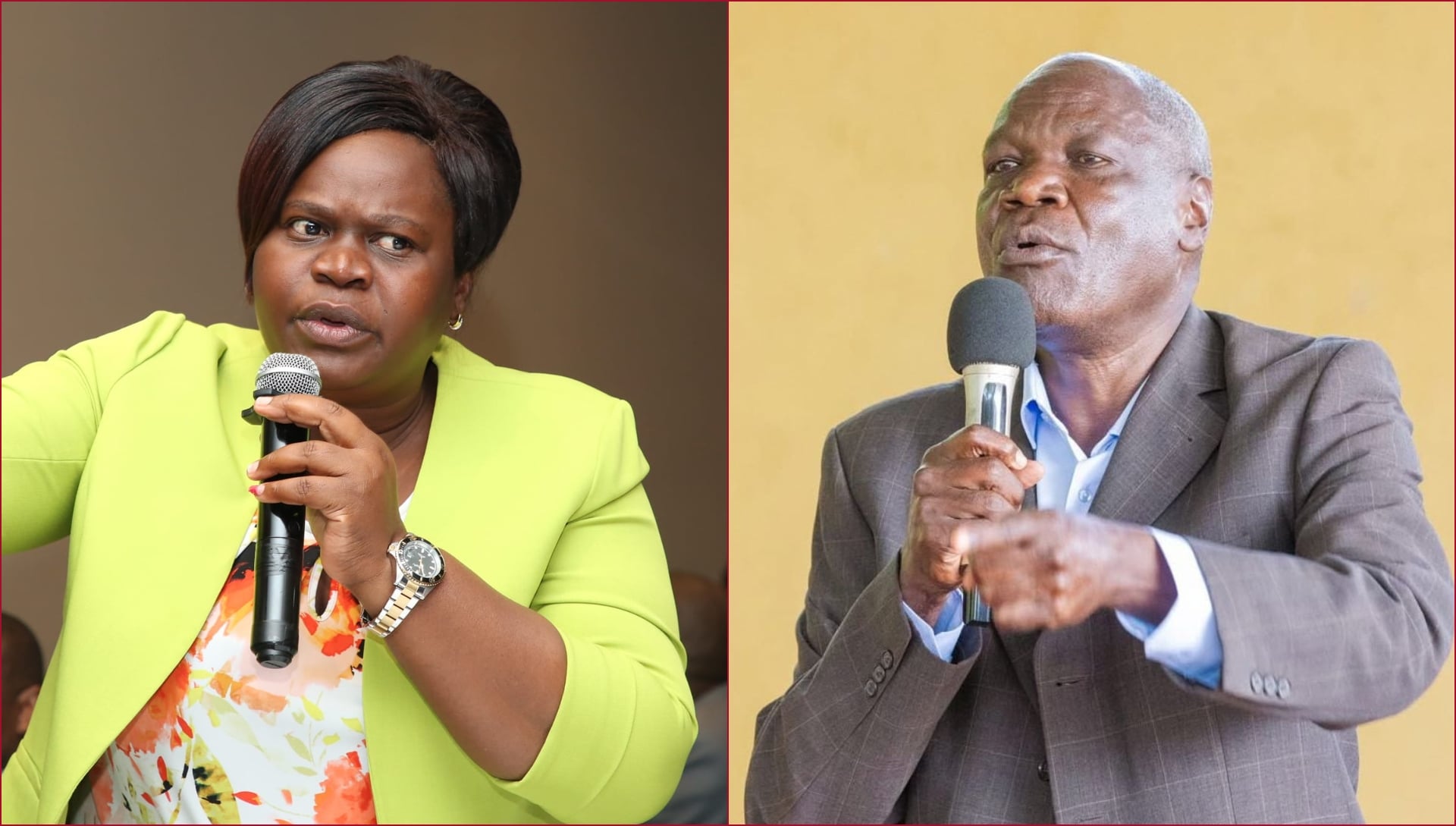

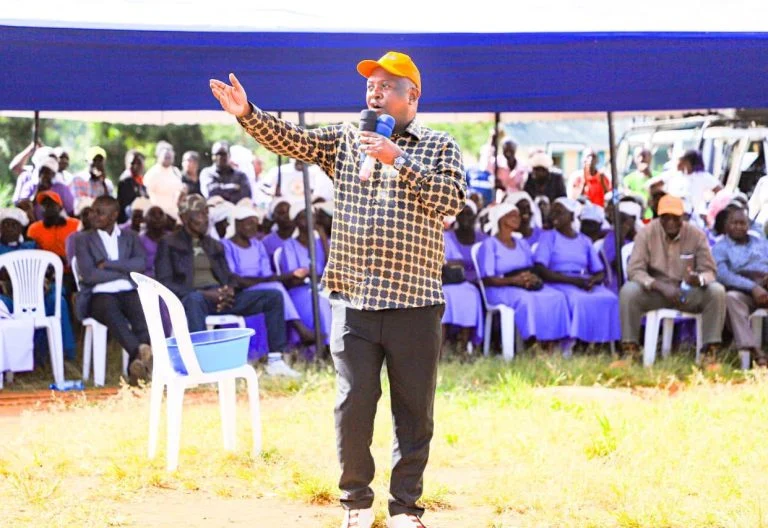

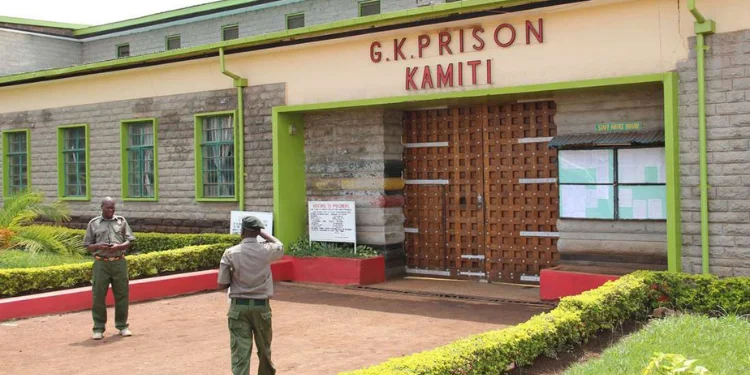

Leave a Reply